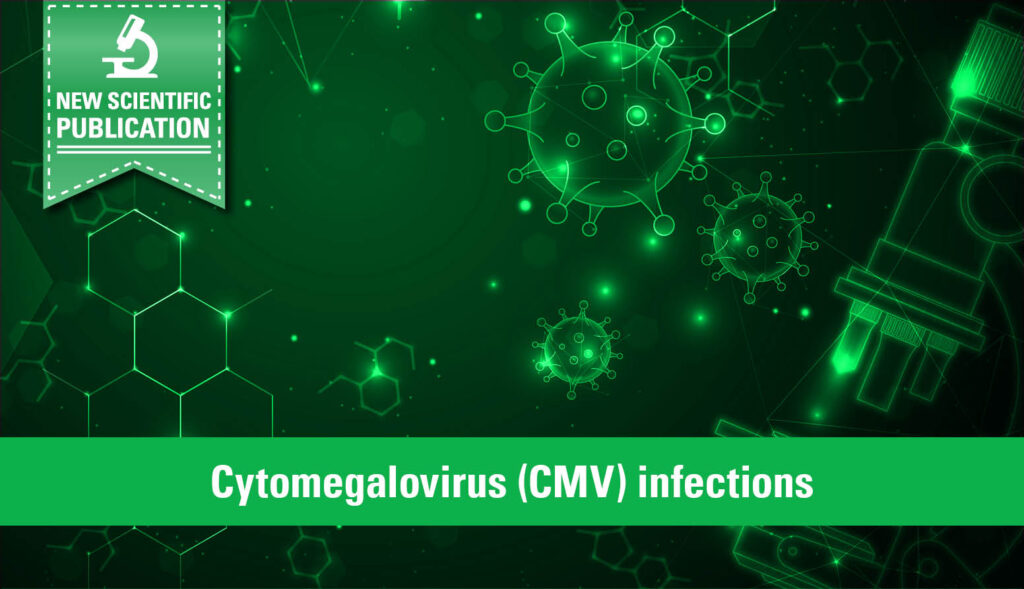EUROIMMUN ELISAs based on recombinant antigens p52 (IgM) and glycoprotein B (IgG) from cytomegalovirus (CMV) provided a higher rate of conclusive results in first-line testing of samples from pregnant women than lysate-based assays. A recombinant testing strategy could thus help to reduce the number of analyses required for routine CMV screening during pregnancy. These are the conclusions from a new published study in collaboration with scientists from a diagnostic laboratory in Germany.
CMV is a globally prevalent virus which poses a significant risk during pregnancy due to vertical transmission to the foetus. Long-term sequelae in newborns can be especially severe when primary maternal infection occurs in the first trimester. Screening for CMV throughout pregnancy is therefore important to identify primary infections and to establish the timepoint of infection. Although many pregnant women have previously been infected with CMV, as demonstrated by the presence of IgG antibodies, around 0.5% seroconvert during pregnancy.
Classical CMV serology for risk assessment involves determination of IgM antibodies, IgG seroconversion and IgG avidity using lysate-based tests. However, this approach often requires two sequential samples to yield meaningful results, especially if pre-pregnancy samples are not available for comparison. Anti-p52 IgM and anti-gB IgG have previously been shown to be accurate second-line markers for confirmation of results and for dating infections. Anti-p52 IgM is a specific marker of the early phase of infection, while anti-gB IgG represents a late-phase marker that could serve as an alternative to high-avidity IgG. The efficiency of these markers as first-line tests was investigated for the first time in this study.
Routine samples from 553 pregnant women were examined using two strategies: determination of IgM, IgG and avidity using lysate-based ELISAs or determination of anti-p52 IgM and anti-gB IgG using recombinant ELISAs. The aim was to categorise patients into the following groups: susceptible to infection, acute primary infection, recurrent infection/reactivation or past infection. Using the lysate-based assays, 84.6% of samples yielded conclusive results in first-line testing, while the remaining 15.4% required follow-up testing of a consecutive sample. In contrast, measurement of anti-p52 IgM and anti-gB IgG produced conclusive results in first-line testing for 92.8% of samples, with only 7.2% requiring follow-up. Thus, the number of samples requiring follow-up could be significantly reduced using the recombinant test strategy.
The authors concluded that overall there was a high degree of conformity between the two strategies. Nevertheless, the recombinant testing approach was able to generate more results using fewer tests. This could have significant practical relevance by reducing the laboratory workload and the costs involved in maternal CMV serodiagnostics.
Read more on the newly published study in Journal of Virological Methods
Müller J. et al. Efficiency of serodiagnosis during pregnancy in daily laboratory routine. J Virol Methods doi.org/10.1016/j.jviromet.2023.114685 (2023).

